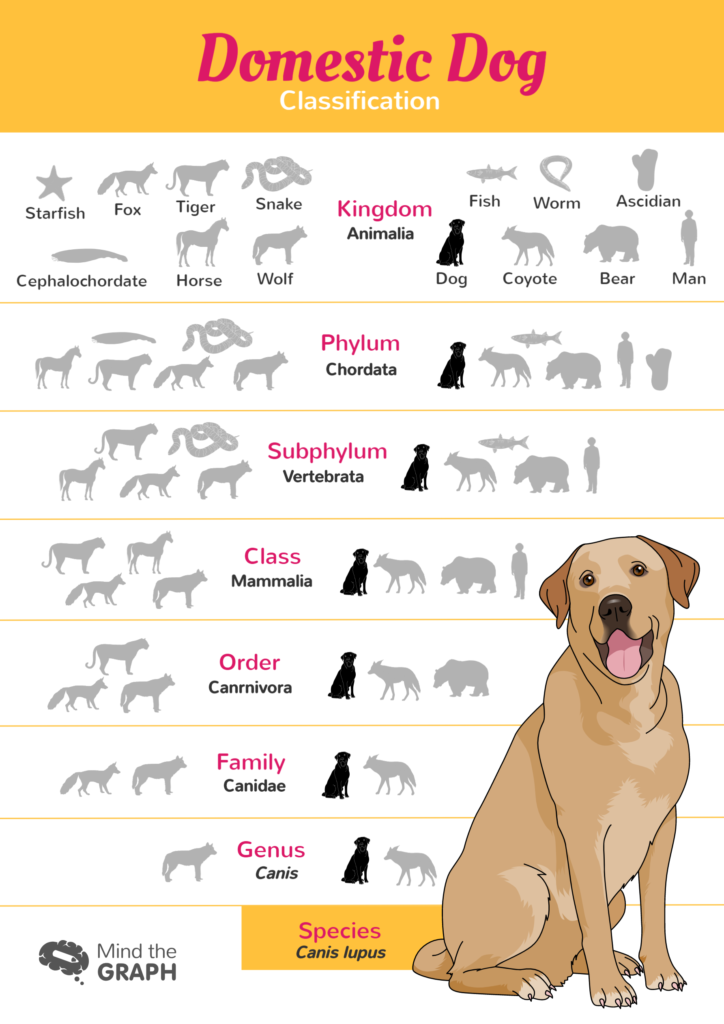Why Do Dogs Suddenly Sleep In Different Spots
Why Do Dogs Suddenly Sleep In Different Spots
Blog Article
Can Pet Daycare Reason Health Problem?
Pet dogs in daycare obtain great deals of exercise, socialization with various other pet dogs and unique experiences. This can be specifically valuable for puppies and pets with behavior issues.
There are numerous legal considerations you need to consider when beginning a dog childcare organization. These include the structure of your company and compliance with federal government guidelines.
1. Pooch Distemper
Canine distemper is spread out via straight contact with the physical fluids and waste of an infected dog, but it can also be transferred by means of common water and food bowls or via air-borne beads. This very transmittable ailment is most unsafe for puppies, but it can impact pets of any kind of age and is deadly for the majority of if left untreated.
Initial symptoms of canine distemper frequently imitate a cold, including runny eyes and nose with watery or pus-like discharge. As the disease progresses, a dog will develop fever, coughing, reduced appetite, vomiting and diarrhea. The virus can additionally strike the nerves, causing seizures, shivering and partial or full paralysis.
Reputable daycares reduce exposure to infection by calling for inoculations, regular health examinations and comply with stringent hygiene protocols. If your pup appears extremely worn out or hopping, a day of rest may help him recover, yet you must prevent taking him back to day care until these symptoms clear up.
2. Kennel Coughing
Kennel coughing, likewise referred to as contagious canine tracheobronchitis or Bordetella, is a highly contagious viral or microbial condition that influences the breathing tract. It's typically transferred via the exchange of saliva or air droplets that an ill dog breathes out. Social pet dogs are at higher risk for infection as a result of their regular interaction with one another, such as when they play, share food or water, sniff each other or just meet in a crowded setting like a pet dog park or day care.
One of the most usual sign of kennel cough is a persistent and strong coughing that sounds like something stuck in the throat or retching. Commonly, pet dogs will cough up foamy white phlegm. If left neglected, a dog can create pneumonia and go to serious risk permanently.
A credible daycare center must have strict cleansing and cleanliness protocols, disinfect all toys, food and water bowls routinely, and be open about their inoculation policies. Maintaining your pet dog up to day on their vaccinations, especially for bordetella and canine influenza, will substantially minimize their chances of getting the health problem.
3. Parvovirus
Canine parvovirus, or parvo, is a highly transmittable viral disease that can be deadly for pups and young adult pets with bad immune systems. It's most boarding dog commonly spread out by direct contact with infected canine feces-- which can take place when canines sniff, lick, or taste contaminated feces-- and indirectly from polluted individuals, items, or settings (like kennels, grooming areas and yards). Pups and canines without full vaccination backgrounds are particularly susceptible to parvo.
The infection is incredibly resistant, making it through in the environment for as much as 9 years, and can quickly be transferred in between canines by call with feces or on footwear, clothes, and bed linens contaminated with parvovirus. Otherwise treated right away with IV fluids, electrolyte balance, throwing up control medications and prescription antibiotics to stop secondary microbial infections, a dog will quickly dehydrate and establish extreme diarrhea, which causes shock and blood poisoning. Parvo is challenging to heal once a pet dog has actually become ill, yet with suitable vet care, numerous pups do survive this health problem.
4. Pooch Influenza
Dog flu virus is very contagious and spreads with straight call, sharing food and water bowls, licking or nuzzling other pets, through air-borne beads, and through infected surface areas. Vaccination works in reducing the danger of infection and episodes.
Most impacted pet dogs create a moderate respiratory system infection with a cough that lasts 1-3 weeks. They may likewise have nasal and eye discharge, sneezing, and sleepiness. A few of one of the most serious situations cause pneumonia and a high fever.
If your canine shows any one of these symptoms, do not bring them back to day care till they are healthy. If your canine is revealing signs of extreme tiredness or hopping, talk to your vet today and make sure they are on healthiness supplements to aid build their immunity. A vet will certainly evaluate your canine for signs and symptoms of the influenza by taking a sample from the nose or throat, and blood tests can be done to verify.